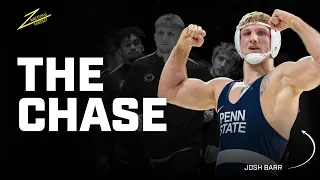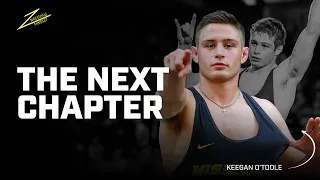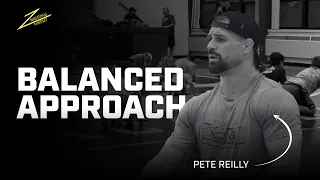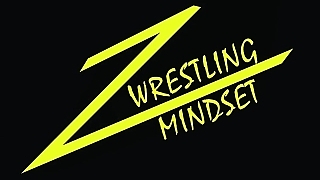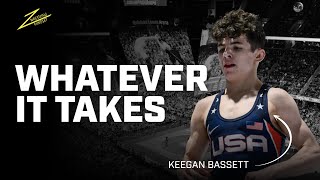Learn
10 Things Parents can do to Help Their Kids Wrestle their Best
“A parent not being proud of you is far more frightening than the scariest opponent.” -Cael Sanderson
1. Verbally & Non-verbally communicate you believe in them. In an interview, Kyle Dake spoke about how his mom would remind him daily that he was capable of achieving everything. Don’t forget that kids can read your body language and the tone of your voice as well to determine if you are genuine.
2. Verbally & Non-verbally communicate that you accept them, love them, & are proud of them NO MATTER WHAT. Reinforce that winning and success are much lower on your priority list than their happiness and well-being.
3. Praise their performance, not their outcome. Focus on their attitude and effort. You want to complement a kid for positive qualities like wrestling hard, taking chances, going for moves, staying positive, maintaining composure, never quitting, etc. The wrestler mastering these qualities will eventually be the one who succeeds. Complementing them too much for winning teaches them that winning is all that matters, and by default losing disappoints you.
4. Ask your kid permission before giving your opinion/criticism about a match/tournament. Ie. Would you mind my opinion… (This gives the kid a sense of power during a sensitive interaction). This can be surprisingly effective.
5. Don’t always talk about wrestling at home. Let your kid bring it up first most of the time. Let your home be a place of peace, positivity, & mental recovery. Many experts recommend not speaking about competition results/criticisms in the car or at the dinner table unless the kid brings it up.
6. Be positive & supportive. 9 out of 10 times, this is what your kid would like.
7. If you read the rankings, forums, predictions, social media, box scores, DON’T talk about it with your kid. This will rarely help them and will often lead to more anxiety and stress.
8. Know your role. Wrestlers wrestle. Coaches coach. Refs officiate. Parents parent. And there should be very little overlap between them. Most wrestlers prefer that you are just mom and dad most of the time. If you are coach and parent, make sure to leave most of the coaching to designated practice time.
9. Don’t make match/tournament day special. Kids can sense their parent’s nervousness and it usually leads to them feeling the same. You want them treating every match the same and so should you. Don’t make match day much different than any other day.
10. When in doubt- LAY OFF! This is tough to do, but it is often the right thing to do, especially when you know your kid is already serious about the sport. Most times it is best to leave the wrestling talk for coaches.
Note: Most people, no matter how old they are, want to make their parents proud. As Cael Sanderson said, “A parent not being proud of you is far more frightening than the scariest opponent.” Kids are keenly aware of their parent’s judgments and opinions. Even the highest level wrestlers we have worked with are sensitive to the verbal and non-verbal praise and critique of their parents. Know this, you have the power to help them or hurt them more than anyone else in the world. You certainly do not want a sport to interfere with the quality of your relationship. It is often best to leave the coaching to the coaches as it is to leave the parenting to the parents.
Wrestling Mindset has helped tens of thousands of wrestlers at all levels, develop unstoppable confidence, mental toughness and relax under pressure so that they can win on and off the mat.
Learn More about Wrestling Mindset’s 1-1 Training Program Here
‹ Back



